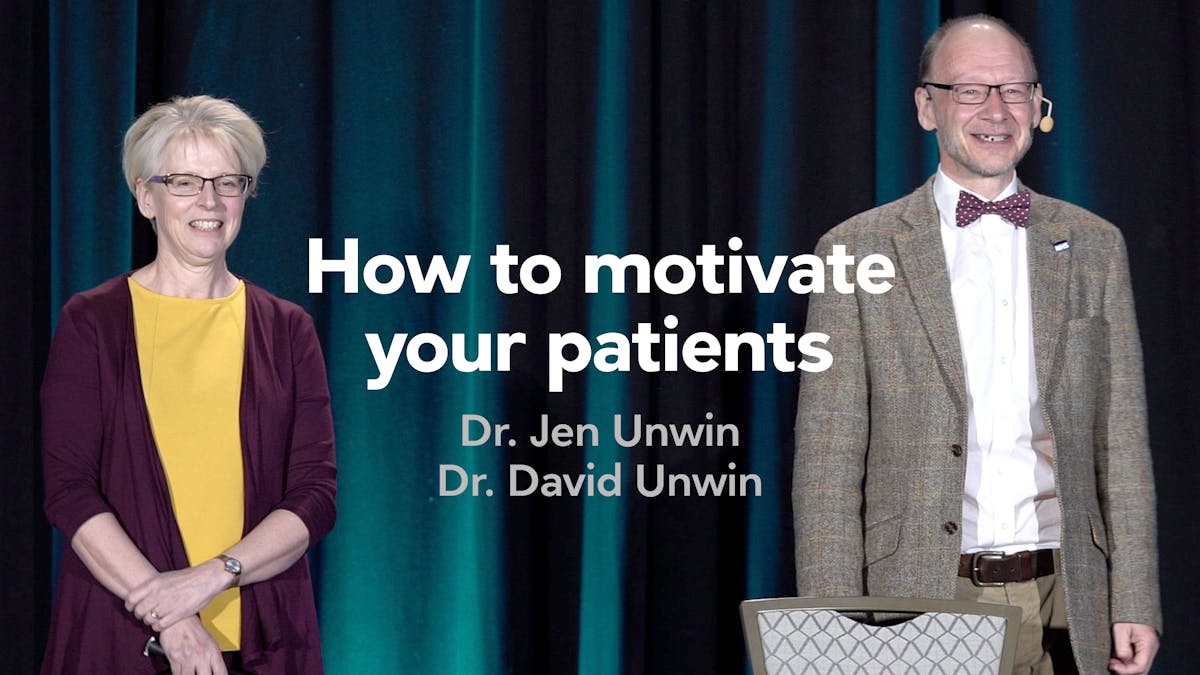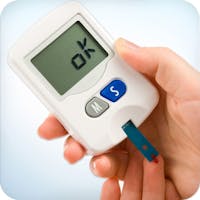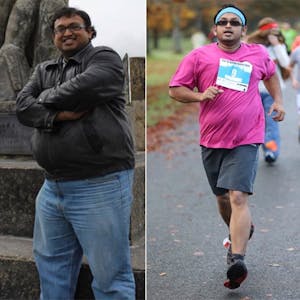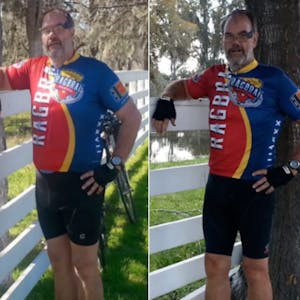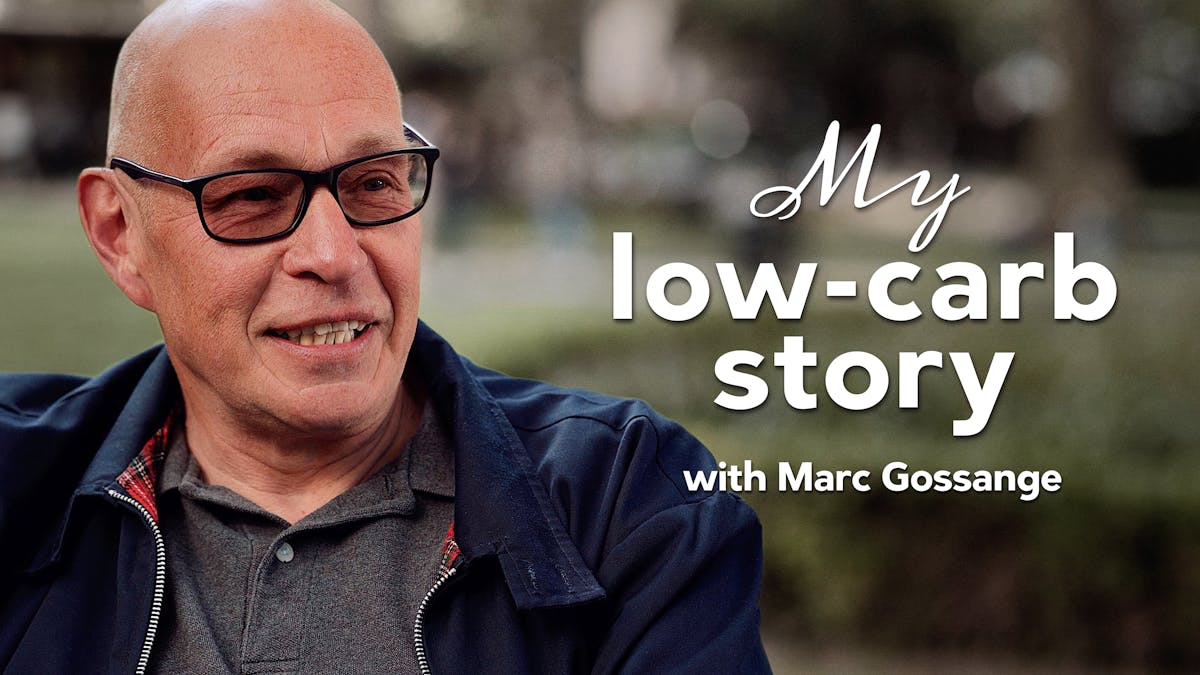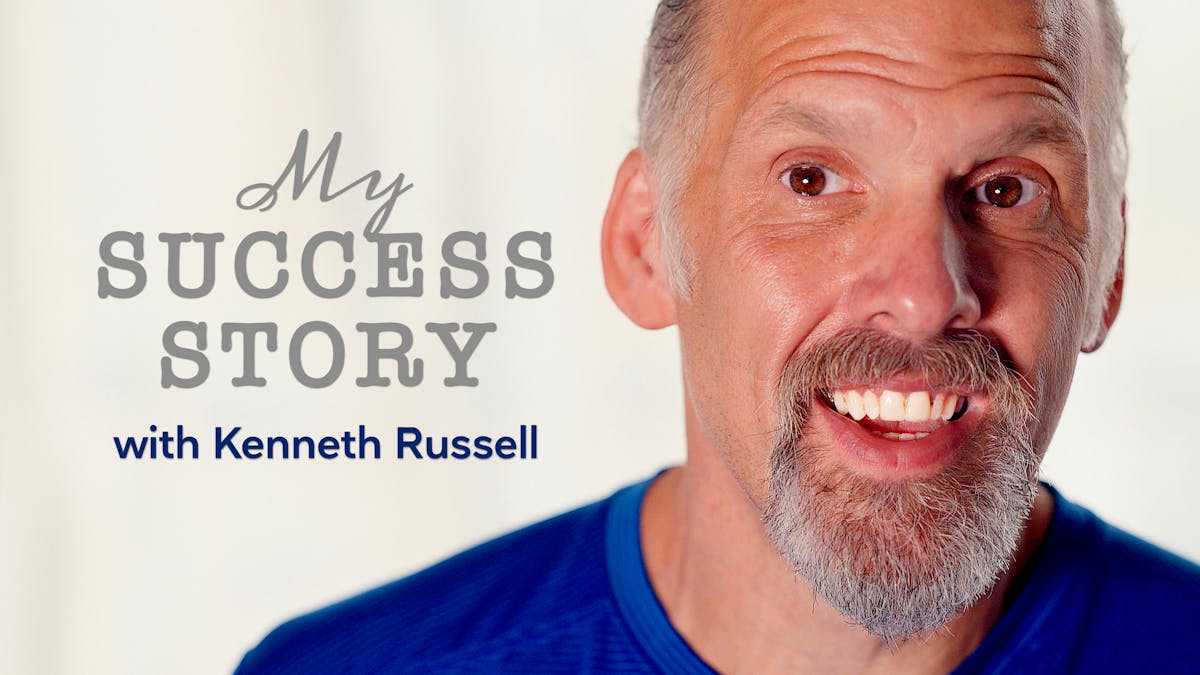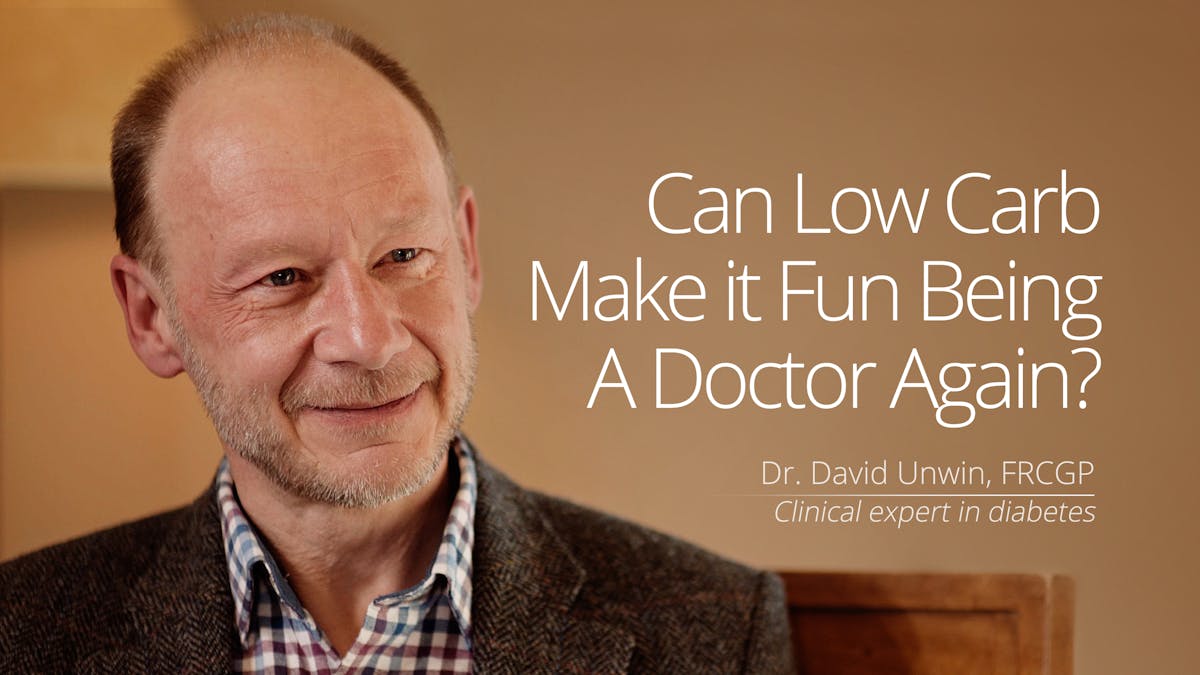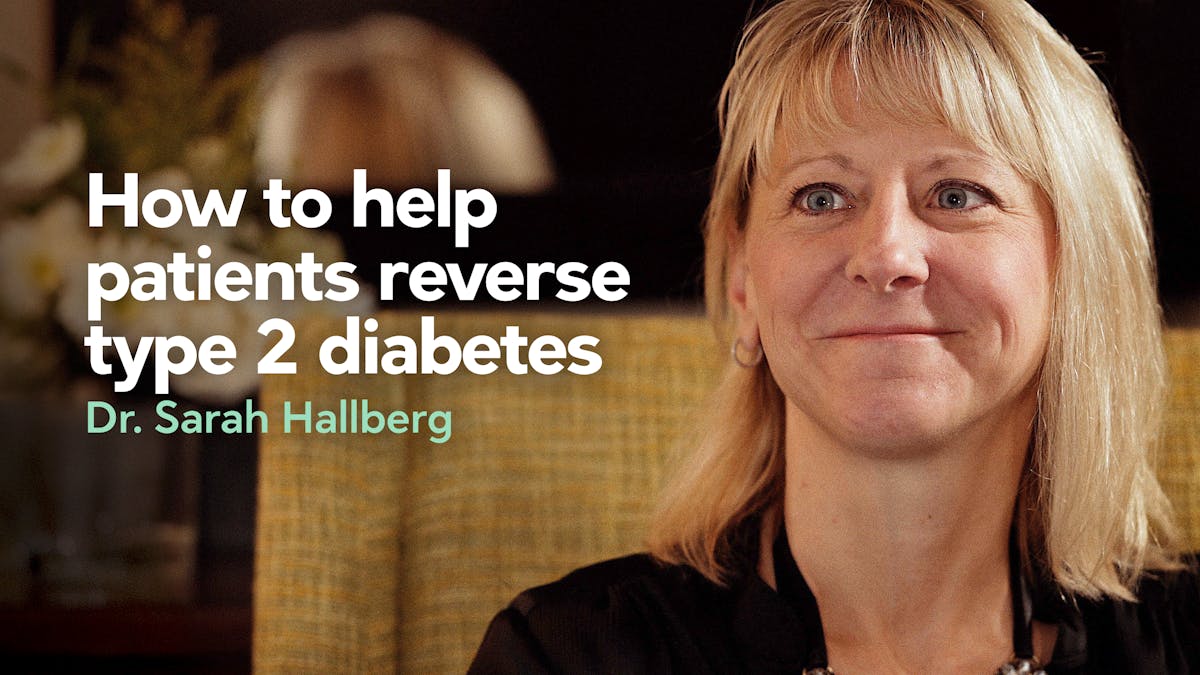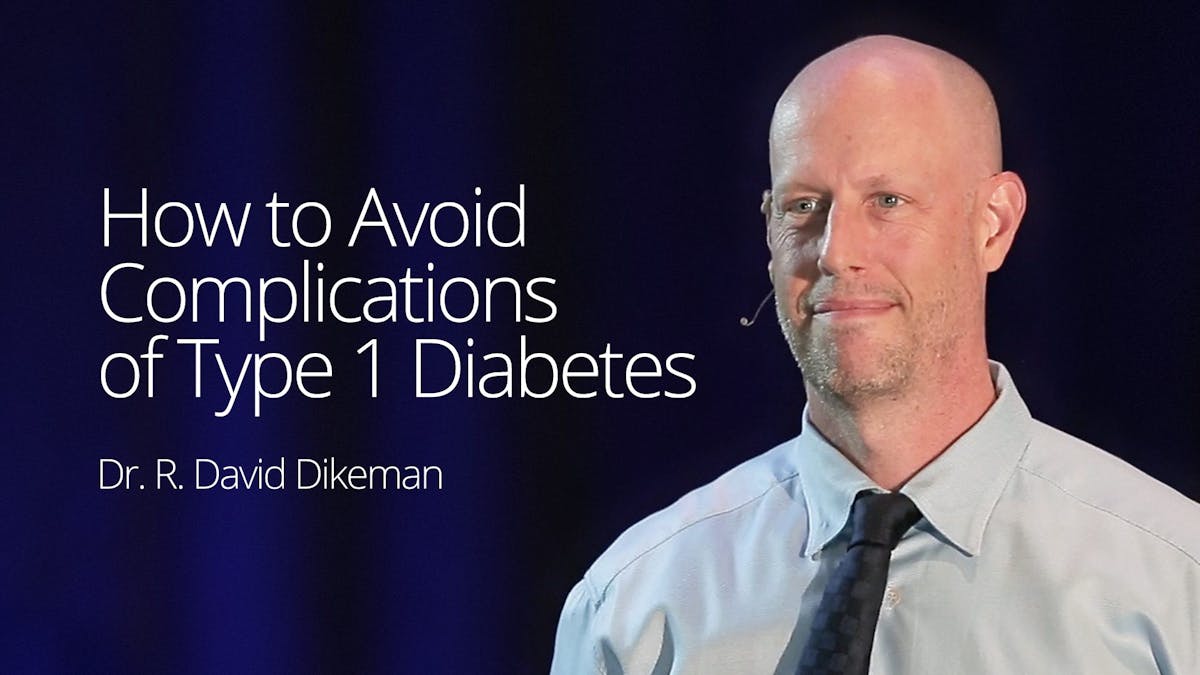“I am healing my brain as well as my pancreas!”
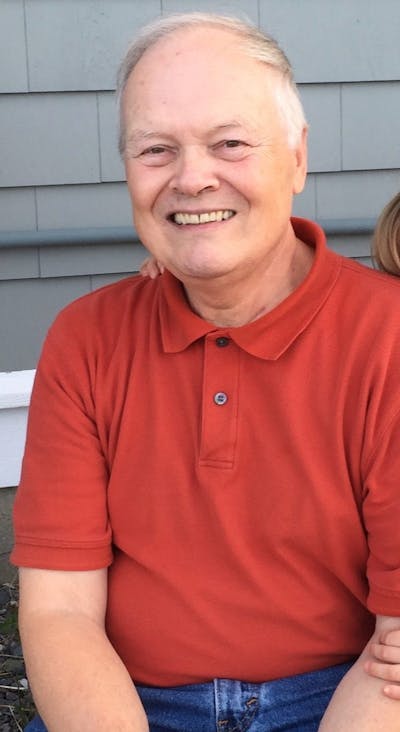
Steve’s diabetes dietician told him that yes, all the carbs he ate turned into blood sugar. But she still advised him to eat half his calories from carbs!
Steve instead decided to try an LCHF diet, and eventually went full-on ketogenic. This is his fantastic story:
The e-mail
In Spring 2014, after meeting with a diabetes dietician, I decided to drastically reduce eating carbohydrates. My doctor was worried about my A1c having risen to 6.9%. He said before he put me on a medication, I could try a diet to reduce my serum glucose level, and sent me to the dietician. She said all the carbs I eat are converted by my body to serum glucose. So I suggested that I stop eating carbs, but of course, she said I had to eat half my calories from carbs, and showed me a pictorial meal plate. Huh? I guess if I were an alcoholic she’d suggest I drink half a bottle of whiskey every day.
As I left the meeting I decided to stop eating carbs as much as I could and started doing research on the web. I found two interesting quotes in the government’s “Dietician’s Bible” (i.e., “Dietary Reference Intakes”, Food and Nutrition Board, Institute of Medicine of the National Academies):
“The lower limit of dietary carbohydrate compatible with life apparently is zero” and “When glucose production or availability decreases below that required for the complete energy requirements for the brain, there is a rise in ketoacid production in the liver in order to provide the brain with an alternative fuel. This has been referred to as ketosis.”
So the dietician was wrong, as long as I somehow get requisite micro-nutrients I can drastically reduce my carbs. But what’s ketosis?
Both can be viewed on Diet Doctor. “Run on Fat” introduces researchers Dr. Steve Phinney and Dr. Jeff Volek and their two books. They define “Nutritional Ketosis” as a desirable and historically normal metabolic state. Although never an athlete, I had jogged regularly in my younger years and I now walk 2+ miles (3 km) a day, hence my interest in their second book. Plus, athletes push the envelope of what’s possible with the human body. By the way, Diet Doctor has lots of resources for free, outside of the membership pages: e.g. this explains why Sweden became a leader in the LCHF movement.
By Spring 2016 my A1c had dropped to 5.2% (93 mg/dl) – in the normal range! I had cured/reversed my diabetes, in spite of the medical community’s belief that diabetes is a chronic progressive incurable disease. Along the way I lost 45 lbs (20 kg) and my BMI dropped from 31 (obese) to 25 (at high end of normal). My blood pressure lowered dramatically (106/68 mmHg on 9/29/2016) and my acid reflux went away, so I stopped taking my “water pill” and Prilosec.My doctor had prescribed Simvastatin for me some time ago because of my “high cholesterol”. One of the side effects of taking statins is increased blood sugar, as this study explains. This review helps understand the study.
So the Simvastatin may have actually precipitated my diabetes! The study also points out that statins may actually cause the diseases they purport to beneficially treat, heart and cardiovascular! And the study points out that all studies vilifying dietary saturated fat and cholesterol were funded by either the food industry, pushers of no-fat foods, or the very pharmaceutical companies that benefit so richly by the sale of statins.
So I stopped taking Simvastatin at the end of 2015. Continuing my web research, I found two other reasons to do keto: to treat or prevent neurological and eye diseases. My favorite aunt died with dementia, so I’m interested in preventing those scary diseases Alzheimer’s, Parkinson’s, ALS, etc. and my ophthalmologist told me I had the beginning stages of Age-Related Macular Degeneration (AMD), as do many seniors. The sources I found: “Grain Brain: The Surprising Truth about Wheat, Carbs, and Sugar – Your Brain’s Silent Killers“, by Dr. David Perlmutter, and “Prevent & Reverse Early Age-Related Macular Degeneration (AMD) with an Ancestral Diet“, by Professor Chris Knobbe, M.D., Ophthalmologist.
Finally, there is some hope that keto will help treat my metastatic prostate cancer. I was first treated with external radiation and hormone therapies in Fall 2012, then Summer of 2016 with chemo and hormone therapies. I’ve not experienced any pain, and during the chemo I experienced no nausea, which I believe was due to keto. During chemo I carefully adjusted my diet (by eating more fat) so I would not lose any weight (oncologist afraid of cancer cachexia). A month after the end of chemo I’m now back to walking 2-5+ miles (3-8 km) per day.
Hopefully, I’ll make it to the time I’ll get a treatment that will cure me – perhaps an immunotherapy treatment. Meanwhile, I’ll try to maximize my physical quality of life with keto.
Best wishes to all,
SteveP.S.
I worry about global warming: I’d like to leave a healthy and pleasant planet to my four grandkids. At the beginning I thought the only way to combat it was to eliminate burning of fossil fuels, so I marched with 350.org in Washington, DC, and New York City. My son pointed out that another avenue being pursued was sequestration, which at that point meant somehow collecting and burying atmospheric CO2.
Since watching Allan Savory’s TED talk, I began to realize there is another more powerful way to combat global warming, sequester CO2 in arid soils, now turning into desert, using livestock. And I can support that effort by buying grass-fed beef; “killing two birds with one stone”! My sources: http://waldenlocalmeat.com/ and http://grasslandbeef.com/.
P.P.S.
A1c tests performed at Lahey Clinic:
- 10/9/13: 6.4% prediabetic
- 4/15/14: 6.9% (124 mg/dl) diabetic
- 4/21/15: 6.3% (113) casual LCHF
- 11/2/15: 5.7% (103) full LCHF
- 2/24/16: 5.5% (99) casual ketogenic diet
- 5/12/16: 5.2% (94) full keto (with Ketonix)
- 10/27/16: 4.9% (88) full keto (with Ketonix)
So now I’m in Grain Brain’s ideal range of 4.8-5.4% (86-97 mg/dl) and am healing my brain as well as my pancreas!
Comments
Congratulations Steve! What an amazing ketogenic story.
Are you ready?
Take the FREE low-carb challenge
The full guide
If you want to learn more about how to reverse your type 2 diabetes on low carb, or troubleshoot if you run into any problem, check out our full guide below. Alternatively choose the quick start guide with only the two most effective simple steps!
More success stories
Share your story
Do you have a success story you want to share? Send your information, plus before and after photos, to success@dietdoctor.com. It would also be greatly appreciated if you shared what you eat in a typical day, whether you fast etc. More information:
Share your story!Videos
- MEMBERS ONLY
![How to motivate your patients]()
